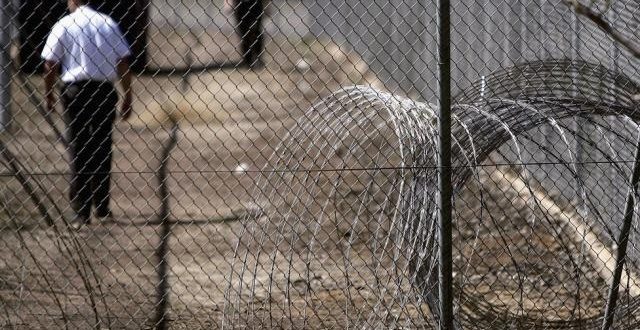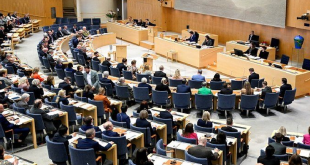16-03-2023
By SJA Jafri + Bureau Report + BBC
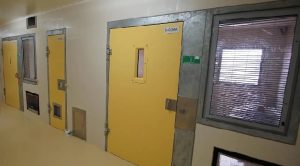 MELBOURNE/ QUEENSLAND/ TOWNSVILLE: Once again, another alleged state crime, deliberate negligence and committed human discrimination exposed when world media reported about a teenage boy’s solitary detention and almost half of the world population declared Australian authorities are more worse than anyone, sources, victims, critics, experts and hundreds of human right activists told PMI
MELBOURNE/ QUEENSLAND/ TOWNSVILLE: Once again, another alleged state crime, deliberate negligence and committed human discrimination exposed when world media reported about a teenage boy’s solitary detention and almost half of the world population declared Australian authorities are more worse than anyone, sources, victims, critics, experts and hundreds of human right activists told PMI
According to British Broadcasting Corporation, a 13-year-old Indigenous Australian boy spent 45 days in solitary confinement while being held for minor offences, in the latest youth justice case to raise human rights concerns in Queensland.
The boy referred to as “Jack” was released on probation last week after 60 days in custody at Cleveland Youth Detention Centre in Townsville.
He is understood to have spent 22 consecutive days in isolation.
Queensland’s human rights chief says the case may have broken state laws.
‘No serious criminal history’
Jack was being held on remand on charges relating to a fight with another 13-year-old boy, at the detention centre some 1,300km north of Brisbane.
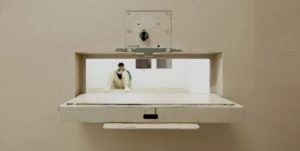 He flooded his cell with water from the toilet in desperation at his situation, and after being denied drinking water, his barrister Tim Grau told media.
He flooded his cell with water from the toilet in desperation at his situation, and after being denied drinking water, his barrister Tim Grau told media.
Describing his detention as “extraordinary and cruel”, Grau said Jack had “no serious criminal history”.
“He was 13, he’d been in court once before. So even for this offending, he was never going to get a period of incarceration, in my view,” he said.
Grau said he didn’t know why Jack spent so long in isolation, but suspected it was due to staff shortages at the prison.
“If he’s being locked in because there’s staff shortages, and Cleveland detention centre has 80 or more kids in at any one time, one can only assume that other kids are in the same circumstance.
“You would hope not, but maybe it’s more common than we thought.”
Jack’s period of detention included six days being held in adult prisons. He was released last week with a verbal reprimand.
A separate recent case also raised human rights concerns over the Queensland’s youth justice system, which is currently undergoing reform.
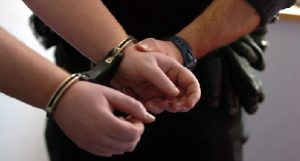 In February, it emerged that another 13-year-old Queensland boy with developmental disabilities spent 78 days confined to a cell for 20 hours per day.
In February, it emerged that another 13-year-old Queensland boy with developmental disabilities spent 78 days confined to a cell for 20 hours per day.
Queensland is currently debating new laws which would criminalize bail breaches by minors, a change which will cause the youth prison population to increase dramatically, experts warn.
State Human Rights Commissioner Scott McDougall said the recent cases may have breached Queensland’s Human Rights Act, which states all prisoners should have access to fresh air and exercise for a minimum of two hours a day.
He warned that changes to the law would only make the situation worse, and that immediate steps were needed to stop children being placed in isolation.
“Unfortunately, I don’t think they’re isolated cases,” he told media.
“Given the laws that are (being) passed in Queensland, which are clearly intended to incarcerate more children, it becomes even more important that the government urgently develops a coherent plan for preventing children coming within the criminal justice system,” he said.
“My concern is by increasing the pressure on the system, we risk normalizing the mistreatment of children”.
McDougall urged the state government to “double down” on measures to keep children in school and stop them going down “the path of criminalization”.
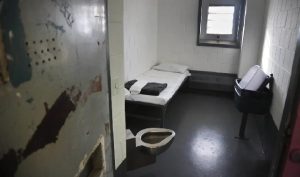 Youth detention centres ‘complex and difficult’
Youth detention centres ‘complex and difficult’
Aboriginal and Torres Strait Islander people were 12 times more likely to be in prison than non-Indigenous Australians in 2021, the Queensland Statisticians Office says.
Rates of juvenile incarceration are also high, with Indigenous children accounting for some 70% of detainees across most of Queensland, and over 90% in the state’s north.
Overcrowded facilities mean children and minors often have to be housed in adult prisons known as watch houses. Most juvenile detainees are being held on remand.
In a statement to the BBC, a spokesperson for Queensland’s Department of Children, Youth Justice and Multicultural Affairs said solitary confinement or “separations” were only used as a last resort.
Youth detention centres were “complex and difficult environments, and practices used in the centres are designed to ensure the safety of staff and young people at all times,” the spokesperson said.
“At all times during a separation, young people have access to visits and professional support services, phone calls, education material, meal routines and recreational activities.”
 Pressmediaofindia
Pressmediaofindia
